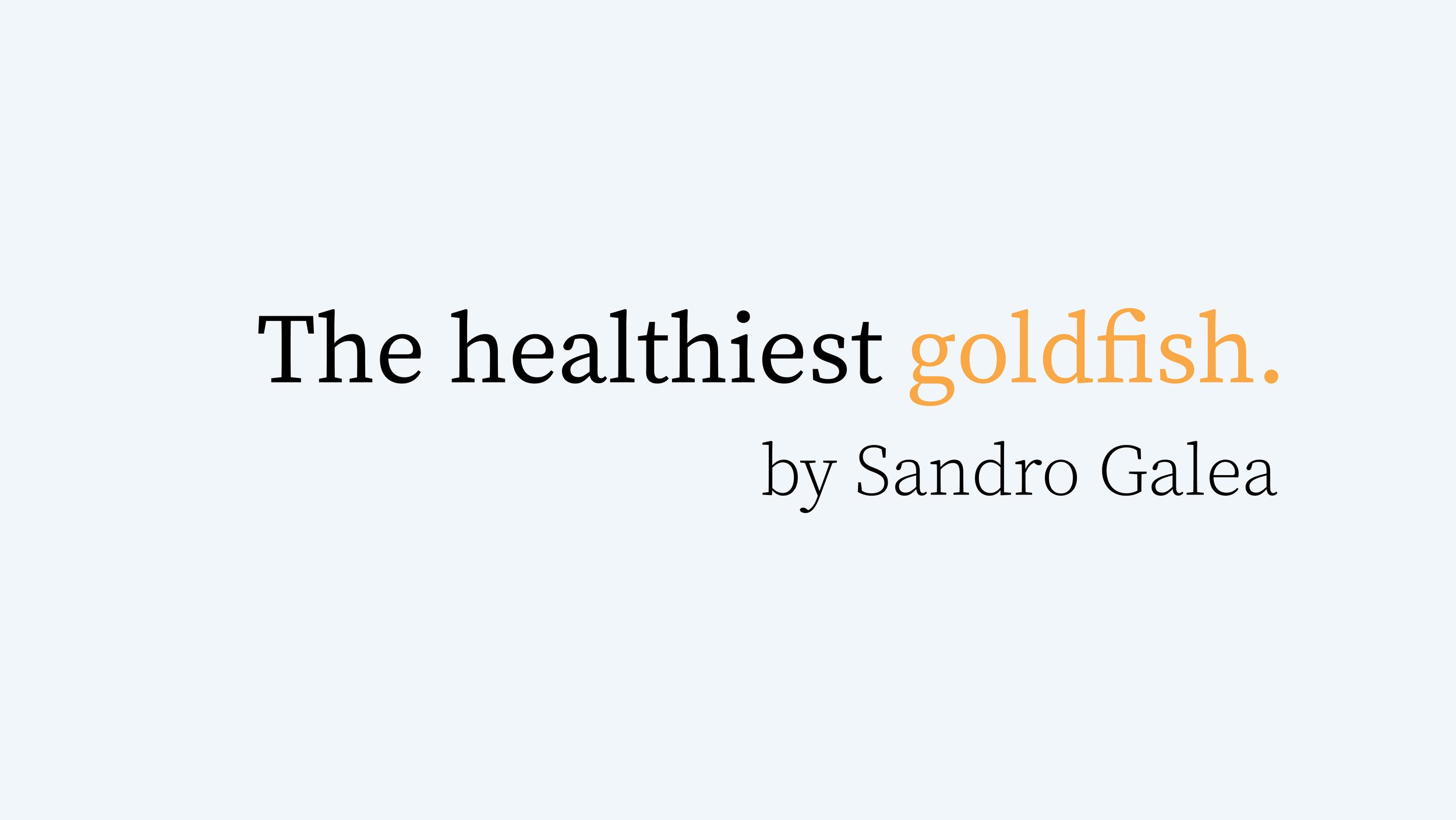On the consequential, rigorous, and inquisitive inquiry that should be at the heart of our moral argumentation; part two of three.
I recently read with interest a piece by Michael Schulson in Undark which compared and contrasted the methodological norms of evidence-based medicine (EBM) with those of public health. The piece, which I encourage everyone to read in full, sketches areas of tension between some in public health and in the EBM space, focusing on how these tensions shaped the pandemic moment and our subsequent reflections on that time. The piece was interesting on several fronts, offering insights into the limitations of data science in guiding the work of public health.
Read more here




